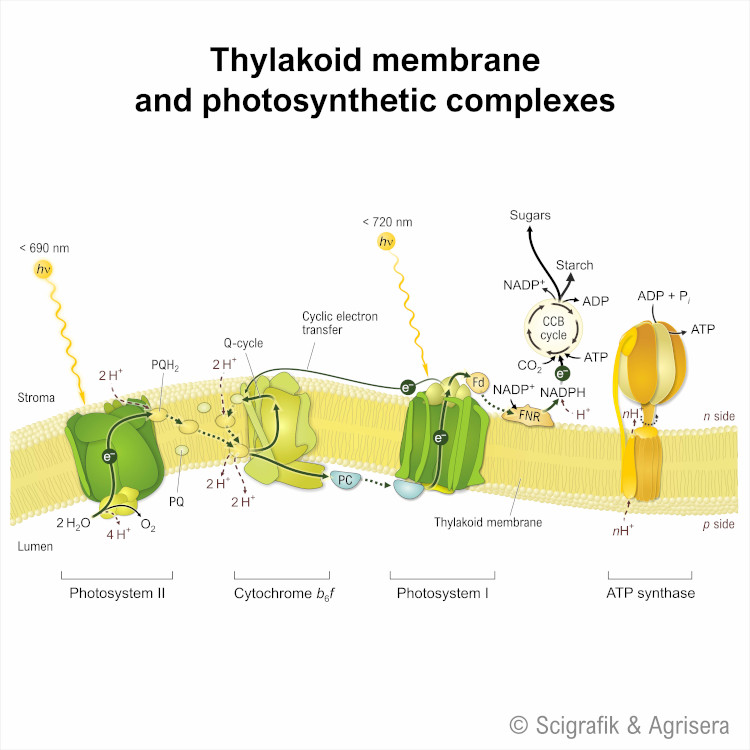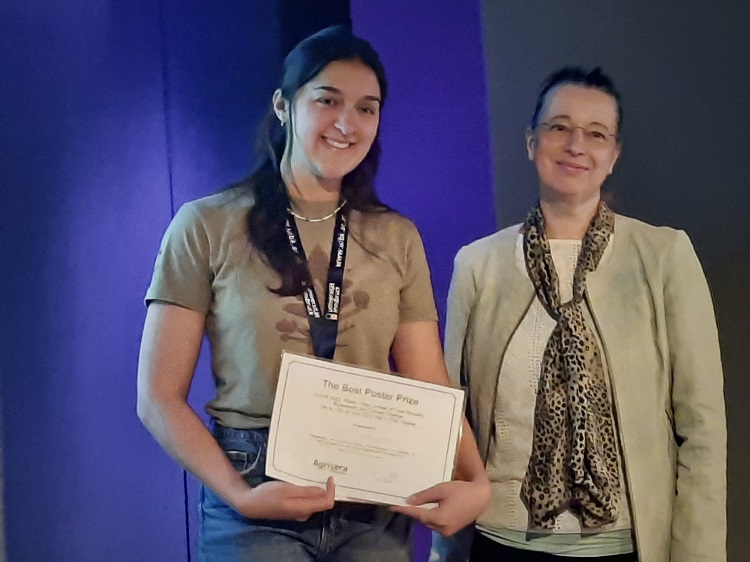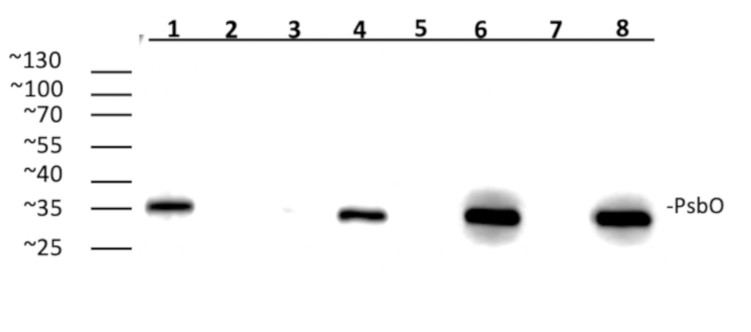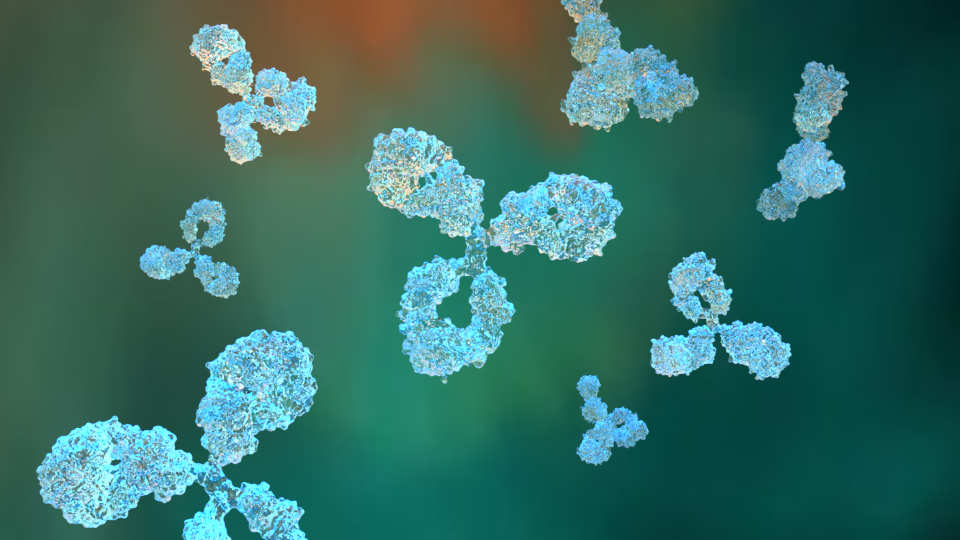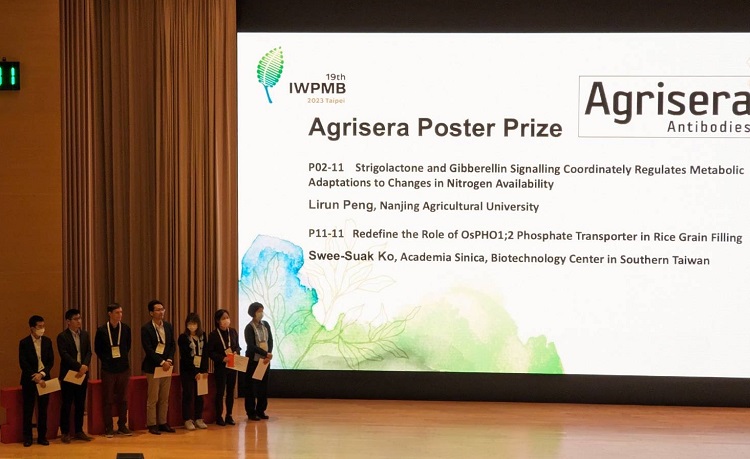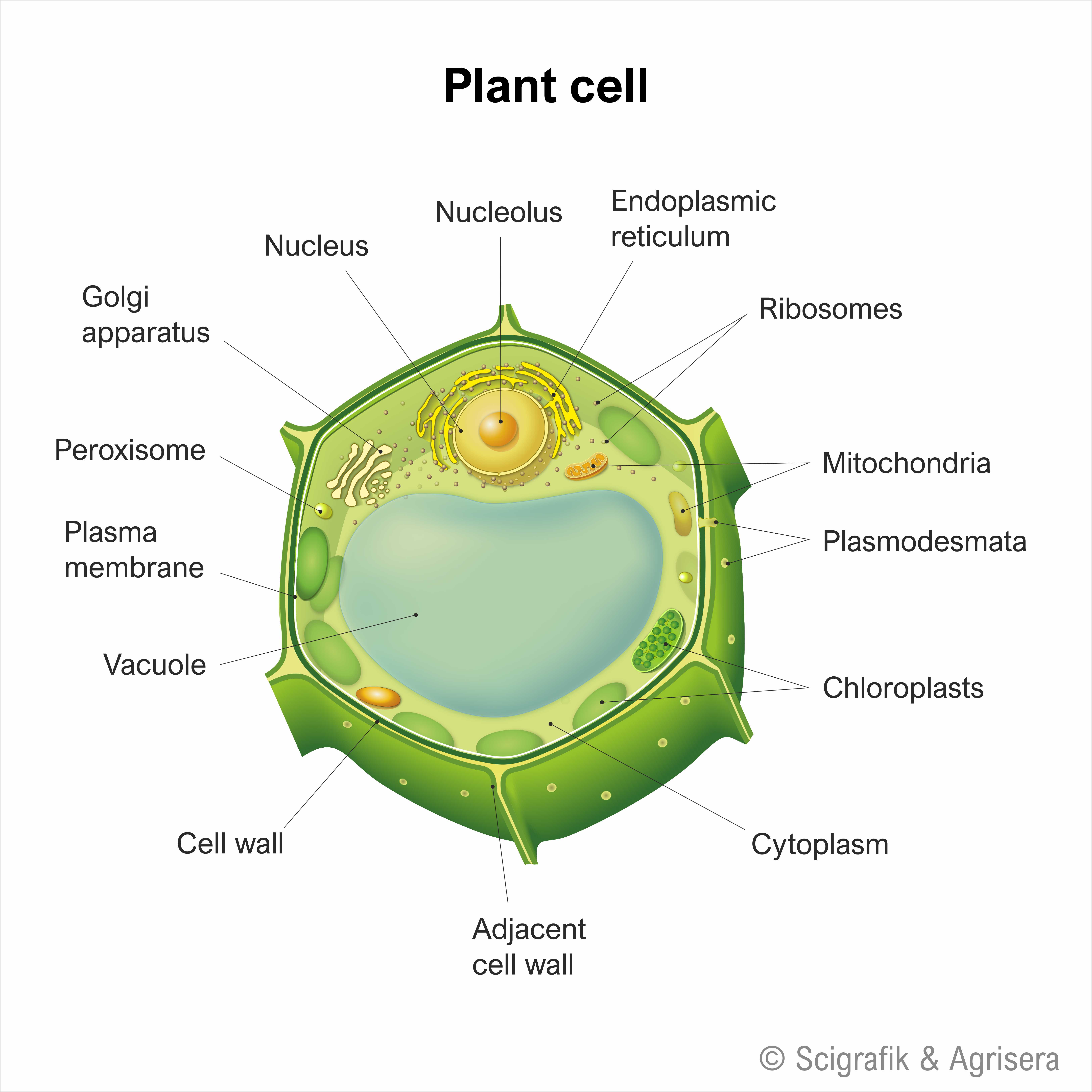Agrisera Best Poster Prizes at ASPB Northeastern Section 2023 Meeting
| Agrisera supported the ASPB Northeastern Section 2023 Meeting, held between the 22nd and 23rd of April, 2023, in SUNY Old Westbury, USA. The meeting was organized ny Prof. Christos Noutsos. The winners of Agrisera Best Poster Prizes, and a free antibody each from the Agrisera catalog, were: Cassandra Probert from Samuel Hazen’s Lab at the University of Massachusetts, with the poster "BdSND2R is a transcriptional repressor that forms a negative feedback loop with SWAM1 to control secondary wall thickening in Brachypodium distachyon" and Alaa Mohamed Elsaeed Hassan Elminisy from Om Prakash Dhankher lab at the University Massachusetts Amherst, with the poster "Molecular and Biochemical studies on the interaction between cucumber and Plant Growth Promoting Rhizobacteria (PGPR) under Cadmium (Cd) Stress". We are awaiting your free antibody choice! |  Left to right: Cassandra Probert, Professor Christos Noutsos and Alaa M. El-Minis. |

